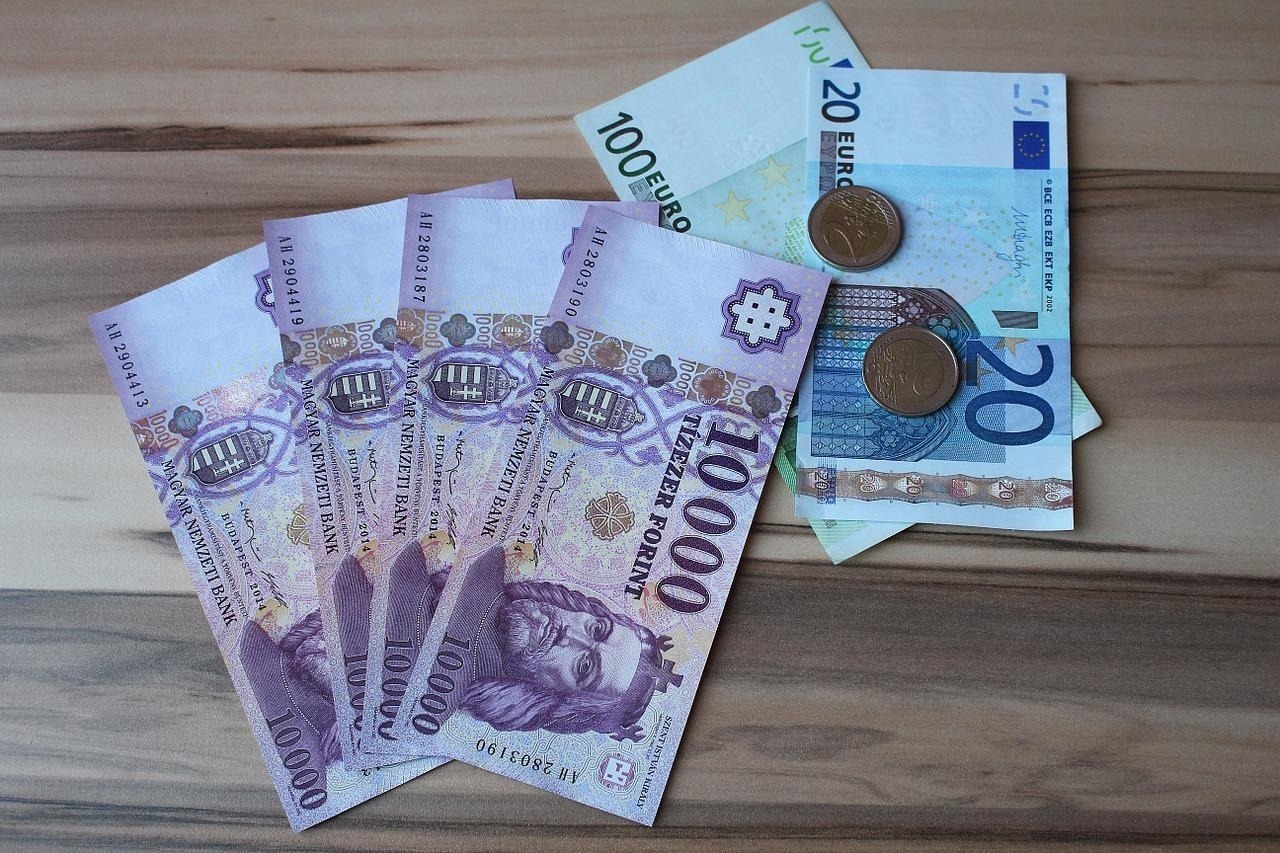German inflation falls, benefiting Hungary

In Germany, annual inflation slowed and came in below analysts’ expectations. This could also trigger positive effects for Hungary. How? Read on to find out.
Inflation in Germany was lower than expected for the second month in a row in December last year. In the twelfth month, it was 8.6 percent, in November 10 percent and in October 10.4 percent, Bence Bauer, director of the Mathias Corvinus Collegium Hungarian-German Institute for European Cooperation, told InfoRadio.
German inflation is therefore still high, but not rising at the rate previously projected, napi.hu writes. One reason for this is that the market has started to price inflation, and the gas price boom is having an impact. Analysts expect inflation to pick up again in January, when the annual energy bills will start to arrive. According to Bence Bauer, price increases will start to fall more sharply from March.
What does this mean for Hungary?
The process may also have an impact on us. That is because Hungary usually follows the German economic developments with a delay of a few months. Thus, the rate of inflation in Hungary will also slow down, as the market has priced many price increases here too, and the special situation caused by the war will level off from March onwards in a year-on-year comparison.
Bence Bauer said that in Germany, energy prices rose by 38 percent last year because gas and oil imports have become very expensive, and households are feeling the effects. In Hungary this is not so marked for households.
In Germany, inflation could fall below three percent by the end of the year, according to some researchers.
Source: InfoRadio, napi.hu


